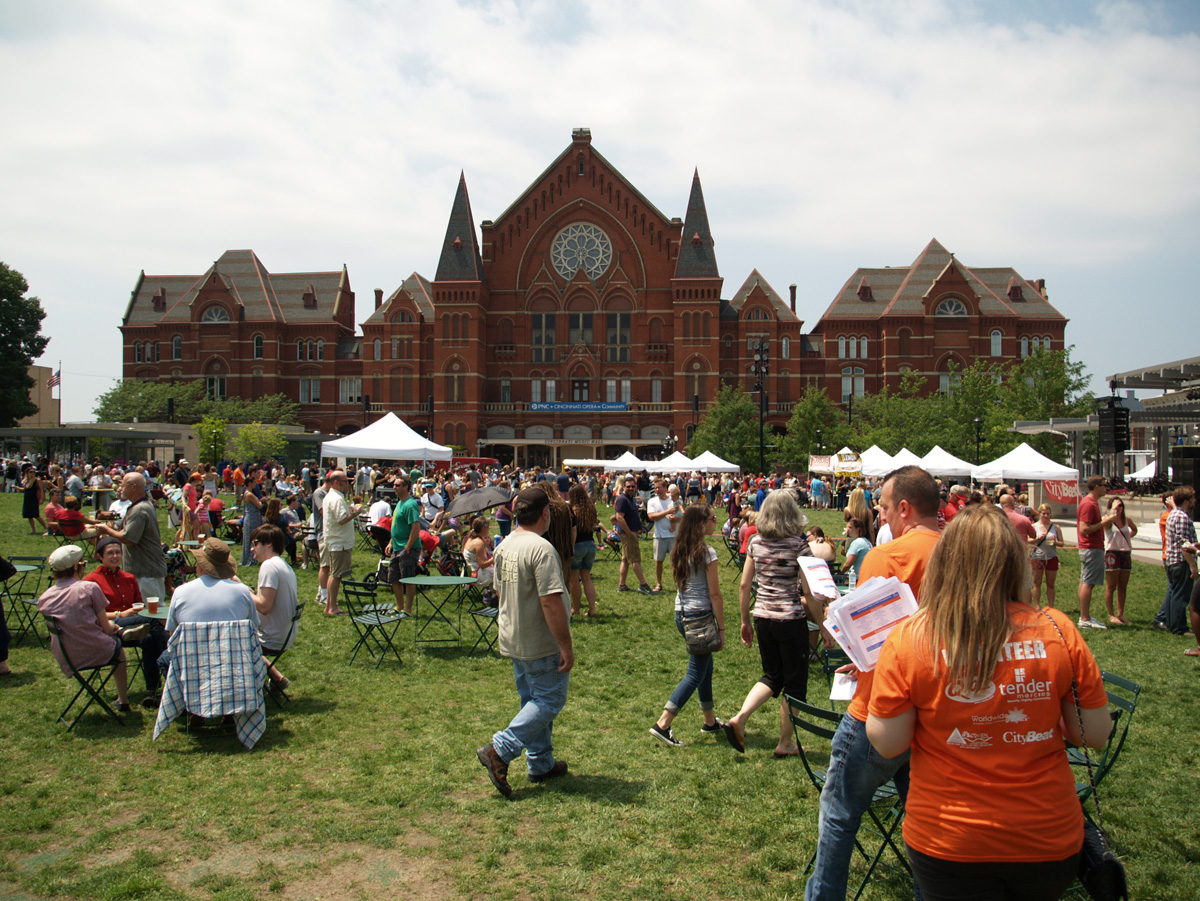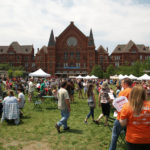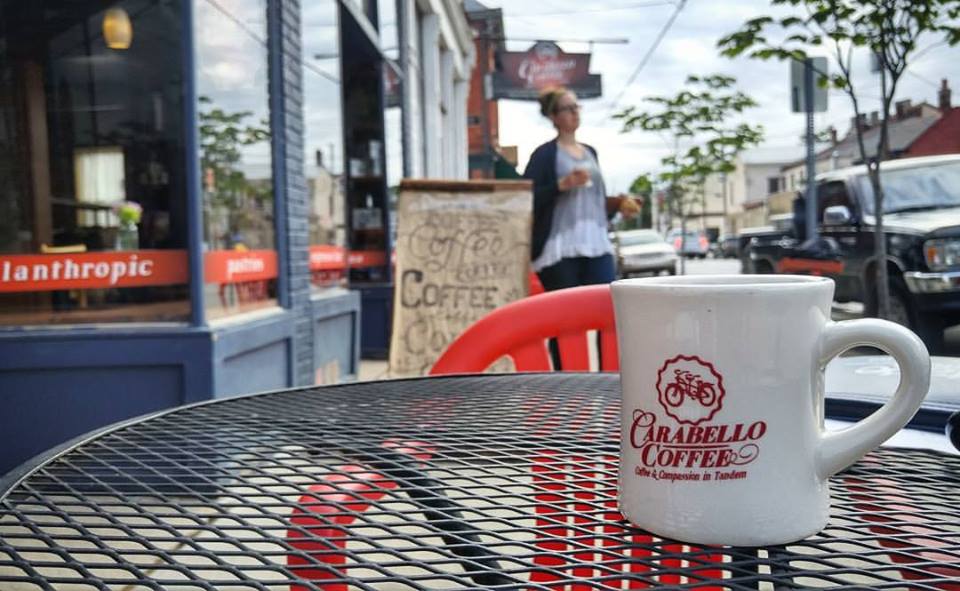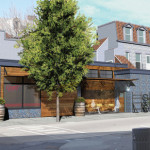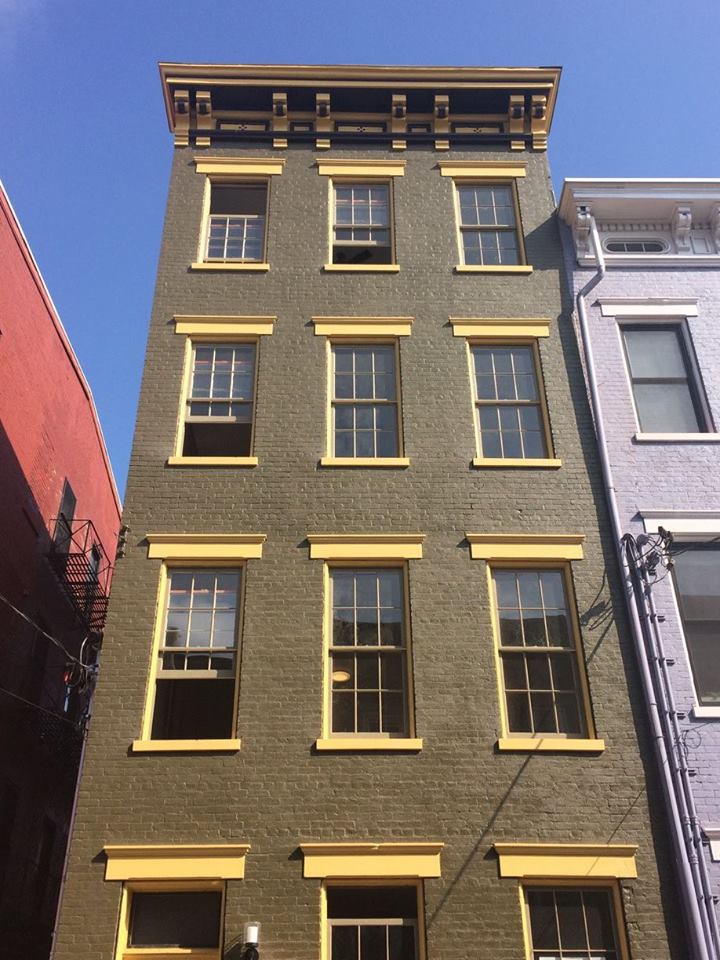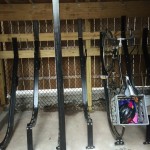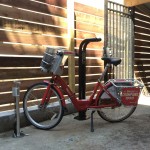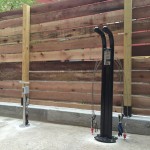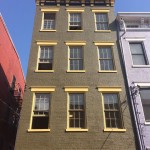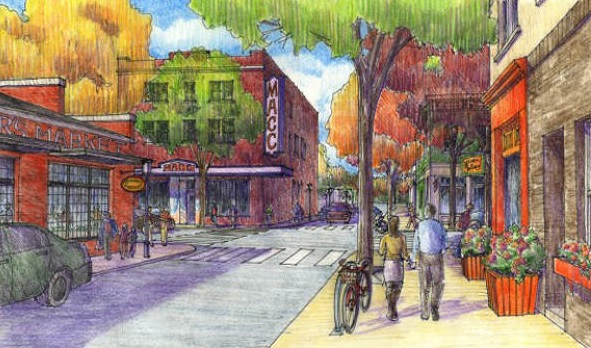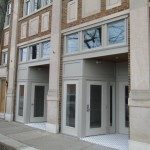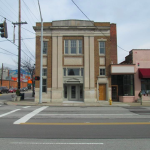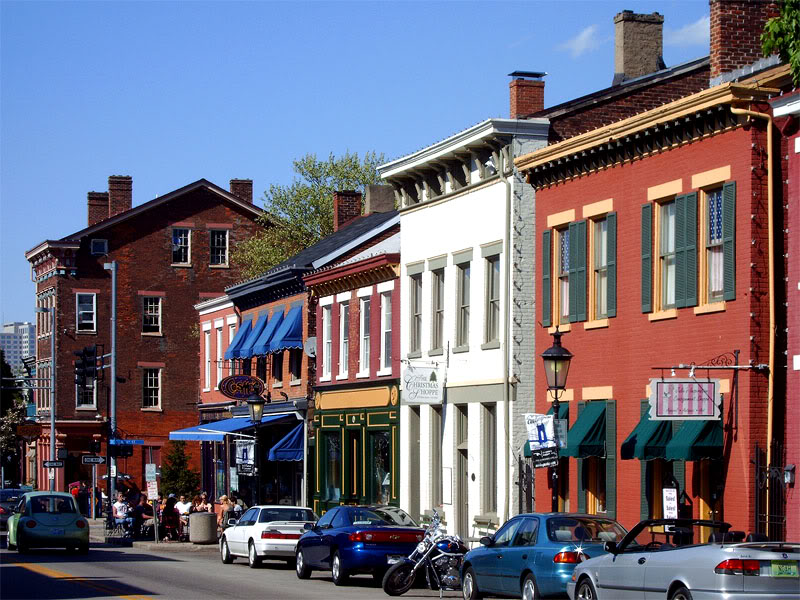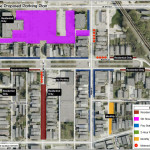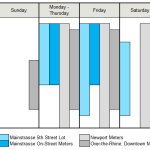The Taste of OTR returns this weekend as an expanded two-day event for craft beer, local eats, and live music in Washington Park.
The announced lineup includes more than 25 of the neighborhood’s best restaurants, food trucks, and retailers selected as vendors for this year’s event. Returning favorites from past years include Taste of Belgium, Alabama Fish Bar, and Dojo Gelato; as well as newcomers Eli’s Barbeque, Ché, and Nation Kitchen & Bar.
Conceived four years ago as a creative way to raise awareness for local nonprofit Tender Mercies and celebrate Over-the-Rhine’s renaissance, Taste of OTR has quickly grown into a signature community event. Attendance has grown exponentially from 2,500 in the first year to 15,000 in 2015. This year, organizers anticipate 20,000 people will attend.
The larger, two-day event will also include several new features, including a Craft Beer Village showcasing locally brewed beer from Samuel Adams and Rhinegeist. A new kid’s zone is intended to make sure the event has plenty to offer for families interested in attending.
All of the proceeds from Taste of OTR go to Tender Mercies – the Over-the-Rhine nonprofit that plans and produces the event, and provides permanent supportive housing for homeless adults with mental illness. It assists nearly 200 residents each year with affordable housing and a suite of support programs such as employment and life skills training and benefits assistance.
Since the event’s inception, Taste of OTR has raised $100,000 for the organization. This year, Tender Mercies hopes to net another $60,000 for their cause.
Taste of OTR will take place Friday, August 26 from 5pm to 10pm, and Saturday, August 27th from 11am to 10pm. General admission is free. For more information about Taste of OTR or to purchase VIP tickets, go to www.tasteofotr.com.
